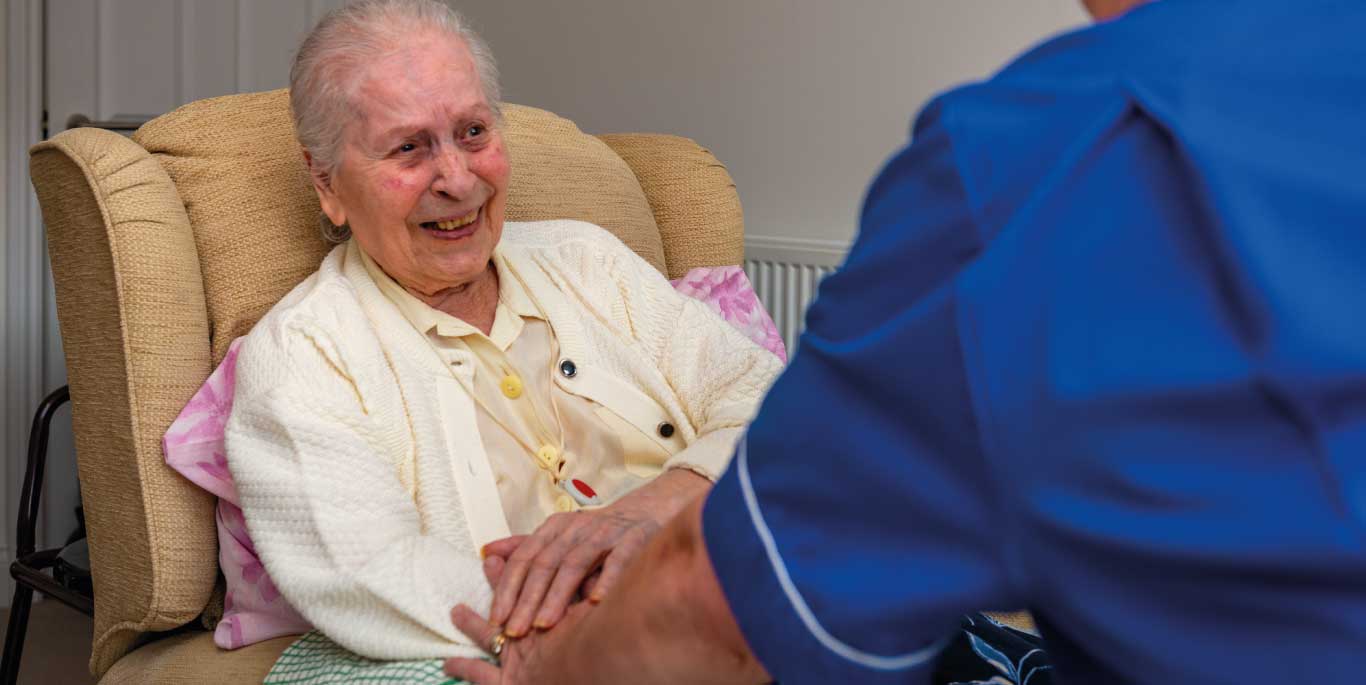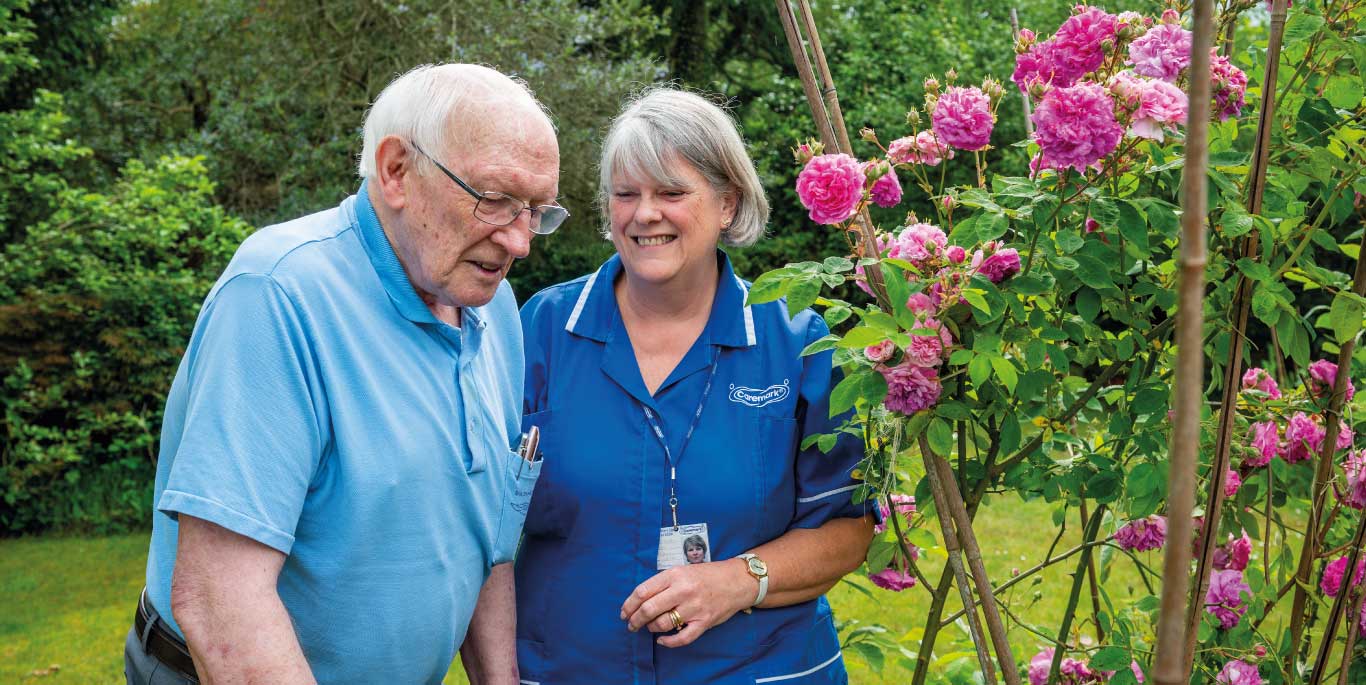The Growing Need for In-Home Care for the Elderly

The ageing population is a global phenomenon, presenting both challenges and opportunities for healthcare systems worldwide. In the UK, the demand for in-home care for the elderly is on the rise, driven by a growing preference among older adults to age in place, in the comfort and familiarity of their own homes. This blog post explores the factors contributing to this trend, the benefits of in-home care, and how it is shaping the future of elderly care services.
Understanding the Demographic Shift
The demographic landscape is changing, with a significant increase in the elderly population. According to the Office for National Statistics, the number of people aged 65 and over in the UK is projected to grow by over 40% within the next two decades. This shift is placing unprecedented demands on healthcare and social care services, necessitating a reevaluation of how care is delivered to meet the needs of an ageing society.
In-home care offers a personalised approach to elderly care, allowing individuals to receive the support they need without leaving the comfort of their homes. This model of care not only respects the personal preferences of the elderly but also promotes independence, dignity, and quality of life. From assistance with daily activities to specialised nursing care, in-home care services are adaptable to the varying needs of older adults.
Benefits of In-Home Care for the Elderly
The benefits of in-home care are manifold:
- Personalised Care: Tailored to the individual’s needs, preferences, and routines, ensuring a more comfortable and effective care experience.
- Independence and Autonomy: Enables older adults to maintain their independence and make choices about their care and daily routines.
- Emotional and Psychological Well-being: Aging in place can have significant emotional and psychological benefits, including reduced feelings of isolation and depression.
- Cost-Effectiveness: Often more cost-effective than residential care, especially for those requiring part-time support.
A report by the Age UK highlights the importance of providing support that enables older people to live independently at home for as long as possible, underscoring the value of in-home care services.

Challenges and Solutions in Providing In-Home Care
While in-home care presents a preferred alternative for many, it also comes with its set of challenges, such as ensuring the availability of trained caregivers, adapting homes to meet the needs of the elderly, and integrating technology to support care delivery. Addressing these challenges requires innovative solutions, including the development of comprehensive training programs for caregivers, government and private sector investment in home adaptation services, and the adoption of telehealth and remote monitoring technologies.
The Role of Technology in Enhancing In-Home Care
Technology plays a pivotal role in the evolution of in-home care services. Telehealth, wearable devices, and smart home technologies are revolutionising the way care is delivered, enabling remote monitoring of health conditions, medication management, and emergency response, thereby enhancing the safety and well-being of the elderly at home.
Preparing for the Future of Elderly Care
As the demand for in-home care services continues to grow, it is imperative for care providers, policymakers, and society at large to prepare for the future. This includes investing in the training and development of care professionals, exploring innovative care models, and fostering public-private partnerships to support the expansion of in-home care services.

The Importance of Community and Social Support
In-home care is not solely about medical or physical support; it also encompasses social and emotional care. Building strong community networks and facilitating access to social activities and support groups can greatly enhance the quality of life for the elderly, helping to combat loneliness and isolation.
Frequently Asked Questions (FAQs) about In-Home Care for the Elderly
In-home care plans are developed based on a comprehensive assessment of the individual’s health, preferences, and living conditions, ensuring that the care provided meets their specific needs and preferences.
Yes, in-home care services include specialised support for individuals with dementia, offering personalised care strategies that promote safety, comfort, and a sense of familiarity.
In-home care providers are regulated and inspected by relevant authorities, such as the Care Quality Commission (CQC) in the UK, to ensure they meet national standards of quality and safety.
In summary, the shift towards in-home care for the elderly reflects a broader transformation in how society approaches aging and elderly care. By focusing on personalised, respectful, and compassionate care, in-home care services not only enhance the lives of older adults but also contribute to a more sustainable and humane healthcare system